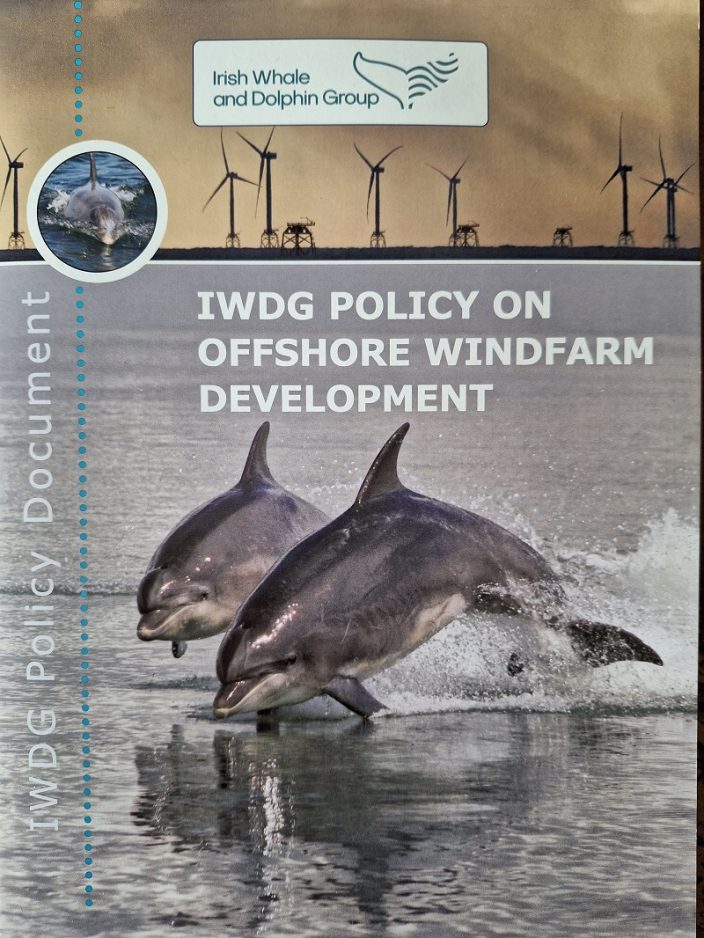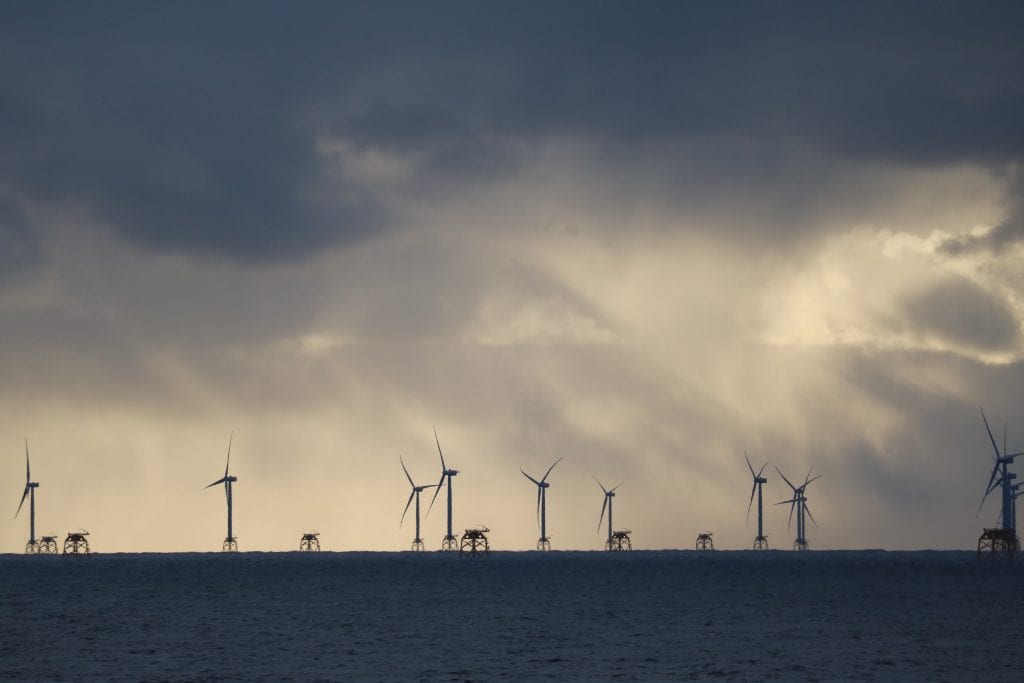In recent months the IWDG, like so many other NGO’s in Ireland, has found itself at the receiving end of a fair amount of abuse on social media focusing around the twin issues of offshore windfarm development and Marine Protected Areas (MPAs). Last week however things took a more sinister twist, as what was initially just a persistent diatribe from a vocal few became a coordinated attack from a collection of “actors”, many from outside of Ireland.
Some of these antagonists are known to us, including high-profile industry figures, while others hide behind fake profiles and as such are accountable to nobody, and can say what they want, whenever they want to vent. But they are united by an all too familiar thread which we’ve seen with Trumpism in the US and Brexit in the UK. They cherry pick what they believe in whenever it suits their agenda. Among the common themes are a distrust of government and NGO’s. They are typically anti-EU, tend to be very right wing and nationalistic, are likely to be either outright climate change deniers or at the very least “climate sceptic” and even, if they reluctantly believe in the science, they don’t particularly wish to be part of the solution.
This all sounds pretty straightforward, the battle lines are clearly drawn for the major challenges that lay ahead in the marine sector and it should be a binary choice; you’re on one side or the other, presumably the side that speaks “the truth” and is evidence based. The truth however is something that today is becoming increasingly subjective, as separating facts from opinions often makes it impossible to know where the truth lays?
These actors use a surprising level of sophistication facilitated by social media which is the perfect incubator for misinformation, enabling the generals to recruit into their ranks the ground troops who will carry out their dirty keyboard work. The core objective isn’t to challenge the science, as this would be a battle they’d never win, it’s much simpler; they need only spread confusion and if over time they can sow doubt and replace, in the addled minds of readers, enough facts with their opinions, across multiple platforms, they eventually end up with something of a level playing field and it is within this space that Donald Trump got elected and the British (or at least the English) got Brexit over the line.
It’s an effective strategy, and as long as these actors have access to your social media platforms, they’ll keep haranguing their victims with their pseudo-science soundbites, fake news articles and reports, which they’ll throw back at you. But ask them for the evidence or a citation in a peer reviewed journal and you’ll be given their scripted response, “you get the science you pay for ”. As a west Cork inshore boatman said to me this morning, if you keep arguing with a donkey, pretty soon nobody will know who the donkey is. Again, it’s very clever.
Within the last few days our attention was drawn to this interesting feature in the Guardian titled “Energy industry uses whale activists to aid anti-wind farm strategy” (link below) and the experience along the east coast of the US mirrors our recent experience here in Ireland. If you can plant the seed that somehow offshore renewables pose a greater threat to whales than the fossil fuel alternative and MPA’s a greater threat to fishers than having no marine areas protected, then what better way to achieve this, other than getting environmental activists to do industries bidding and so contrary to what you may expect, you may well today hear “environmentalists” speaking out against these newer alternatives which they claim, without any evidence, will be detrimental to whales and their habitats. It seems like this strategy being deployed in the US is also being used on this side of the pond.
Back in 2020 the IWDG published a Policy Document on Offshore Windfarm Development, the first NGO to articulate their thoughts. It clearly lays out the group’s position on this …. “ the benefits of wind energy in terms of employment, exports and CO₂ emissions reduction is without question, the impacts of building large windfarms offshore are however not without consequences. While the IWDG does not oppose offshore developments it has always been the policy of the group that they should be done within the framework of both national and international best practice and should have NO significant impacts on cetaceans or their habitats”. 
We include a link here to the full document and would suggest that anyone with a genuine interest in this subject might take the time to read it, as if nothing else you’ll see it is still possible to hold a nuanced stance on this issue, where the discourse doesn’t have to degenerate to the point of our having to block contributors or hide comments.
https://iwdg.ie/cms_files/wp-content/uploads/2020/12/IWDG-Offshore-Windfarm-Policy-Document.pdf
Over the course of the next few months IWDG will share our thoughts, opinions and newly emerging policies on a range of issues from offshore renewables to MPAs. Our recent work on Deep Sea Mining influence government to state recently that their should no no DSM in Ireland while the uncertainty regarding environmental effects remains – the same message as the IWDG. Interestingly there was no social media onslaught from our distractors, clearly this was a battle they lost.
By Pádraig Whooley,
IWDG Sightings Officer

